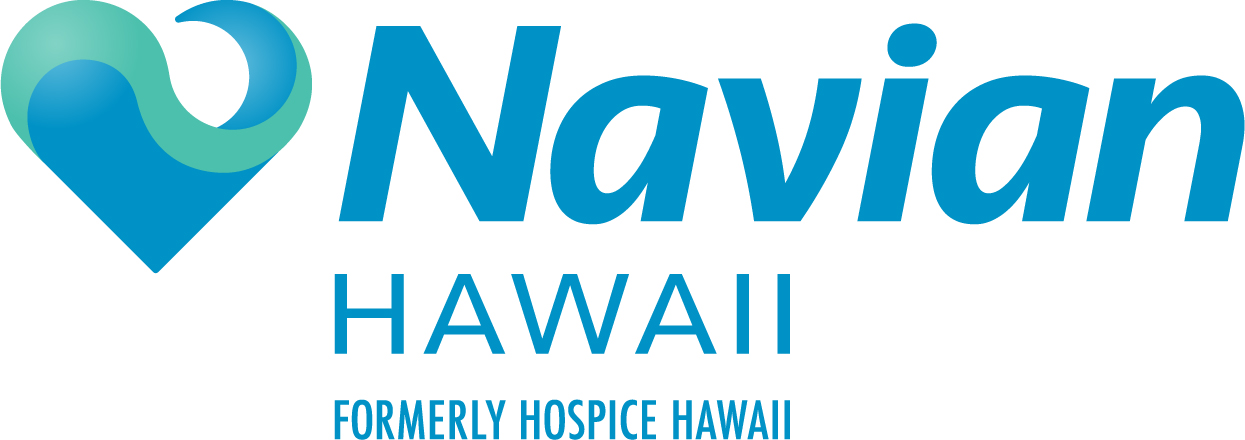The Benefit of Early Hospice Referral
Hospice has been traditionally for patients who are in the last six months of life, but some patients stay on for years if their disease process is slow.
In a 2010 study published in the New England Journal of Medicine, metastatic non-small-cell lung cancer patients receiving early palliative care lived 2.78 months longer than those who delayed treatment. The authors concluded that:
“Early palliative care led to significant improvements in both quality of life and mood… (the patients) had less aggressive care at the end-of-life but longer survival.”


Physician Wishes Are Shared by Patients
The 10-year Johns Hopkins Precursors Study found that doctors overwhelmingly do not want invasive measures taken for their own end-of-life care. For example:
- 90% do not want CPR
- 86% do not want artificial ventilation
- 82% want pain management
- 79% do not want invasive treatment
Physicians should focus on how patients want to spend the final months of their lives, addressing the poor outcomes of resuscitation for terminally ill people.
Good end-of-life support includes an open and honest approach, and patients are looking to their physicians for guidance in making decisions about the care they want.
We understand that initiating the conversation with your patients and families about end-of-life options for care and support can be difficult. The conversation is best done before a patient declines or is admitted repeatedly to the hospital. If you ever need assistance with the conversation, to determine eligibility, explain hospice services, or offer counseling and support to both patients and families, please call us at (808) 791-8000. We’re here to help.
Have the Conversation
Advance Care Planning - Empowering Patients and Families
Medicare reimburses physicians for advance care planning conversations
Current procedural terminology (CPT) billing codes for advance care planning have been created, covering conversations about advance directives, hospice care, and other end-of-life counseling
CPT 99497 covers the initial 30-minute discussion (~$86)
CPT 99498 covers each additional 30 minutes of discussion (~$75)
Patients Look to Their Physician to Initiate and Provide Guidance
Most patients want to discuss end-of-life care with their physician. However, they are looking to their doctor to introduce the topic.
Like physicians, when curative treatment is no longer effective, most patients want to maximize their time at home with loved ones, avoid hospitalization and aggressive treatment, and be free of pain.
You may want to introduce the importance of advance health care directives and develop a treatment plan.
